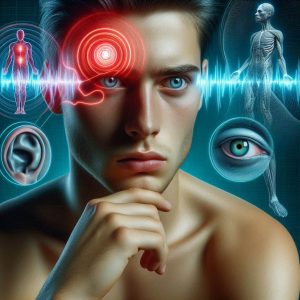The project at a glance
-
Start date:15 May 2021
-
Duration in months:72
-
Funding:FNR / FWO
-
Principal Investigator(s):André SCHULZAndreas von Leupoldt (external)
About
Functional somatic syndromes (FSS) are characterized by chronic, disabling symptoms that do not correspond to observable organic dysfunction. FSS are present across different organ domains (e.g. respiratory, gastrointestinal) and include diagnoses such as functional hyperventilation syndrome, irritable bowel syndrome, and functional heartburn. Treatment options for FSS are limited, which is largely due to insufficient knowledge about the mechanisms underlying these symptoms. Disturbed interoception, the ability to process and perceive sensory signals from within the body, is believed to be crucially involved. The INBODY project seeks to examine several important aspects of interoception in healthy individuals and patients with FSS. The project will examine interoception systematically at all stages of interoceptive signal processing (e.g., early neural processing, perception, and interpretation) across different organ systems in healthy individuals and patients with FSS. The primary aim is to investigate whether interoception is a general ability that shares neural processing characteristics across multiple organ domains and that predicts affective responses. We will also test whether altered interoceptive processing of bodily signals from different organs can explain the heterogeneity of somatic symptoms, especially in FSS, and how this can be modified by new treatment approaches. The INBODY project contains interrelated observational and experimental work packages that combine state-of-the-art methods including psychophysiological, neural and behavioural measures to improve the understanding of interoception within and across multiple organ domains and to establish interoception-based intervention strategies to reduce symptom burden in FSS patients.
Organisation and Partners
- Brain-Body Interaction
- Department of Behavioural and Cognitive Sciences
- Faculty of Humanities, Education and Social Sciences (FHSE)
- Health and Behaviour
- Catholic University of Leuven, Department of Health Psychology
Project team
-
André SCHULZ
-
Andreas von Leupoldt
Catholic University of Leuven
-
Anxhela SULAJ
-
Lukas Van Oudenhove
Catholic University of Leuven
Keywords
- Interoception
- Symptoms
- Functional somatic syndromes
